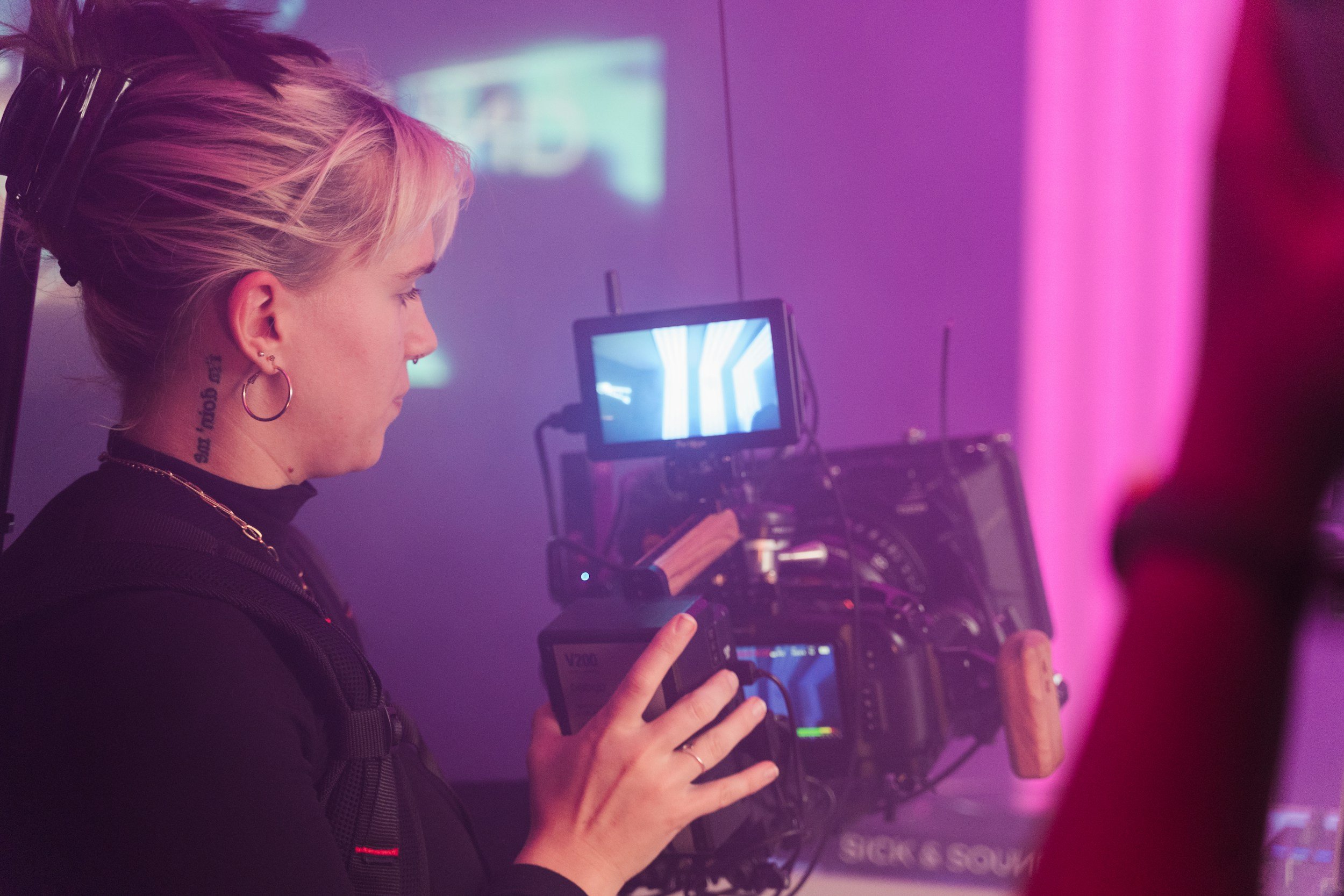Should I Rent or Purchase My Own Equipment? A Guide for Creatives
By ERMW Team
Thursday, July 25, 2024
Whether you're a budding filmmaker, photographer, musician, or podcaster, equipment is essential to turn your creative vision into reality. But should you invest in purchasing your own, or is renting a smarter strategy? There's no one-size-fits-all answer, so let's break down the pros and cons to help you make an informed decision.
Factors to Consider
Frequency of Use: How often will you realistically use the equipment? Occasional projects might favor renting, while consistent projects may lean towards buying.
Budget: Do you have the upfront capital to purchase the gear you need? Renting allows you to access expensive items without the full outlay.
Technology Updates: How quickly does the technology in your field advance? Renting lets you work with the latest and greatest without your own equipment becoming outdated.
Storage & Maintenance: Do you have the space to safely store equipment, and are you comfortable with upkeep and potential repairs?
Advantages of Renting
Cost-Effective for Short-Term Needs: Renting is ideal for one-off projects or when you're still experimenting with different types of equipment.
Access to High-End Gear: Rentals give you access to expensive, specialized equipment that might be out of reach to purchase.
No Maintenance Worries: Reputable rental companies handle maintenance and repairs, saving you hassle.
Flexibility: Try out different brands and models before committing to a purchase, ensuring the gear is the perfect fit for you.
Advantages of Buying
Long-Term Cost Savings: If you use the equipment frequently, eventually the cost of ownership becomes cheaper than repeated rentals.
Convenience: Having your gear on hand means being able to work on a whim or respond quickly to projects.
Resale Potential: Some equipment holds its value well, allowing you to recoup some of the cost later on.
Customization: Owning your gear allows for modifications and upgrades to suit your specific needs.
The Hybrid Approach
Consider a mix of renting and buying. Purchase the core essentials you use constantly (like your main camera, or go-to microphone), and rent those specialized items you only need occasionally.
Additional Tips
Calculate Break-Even: Research rental rates and estimate how long it would take for buying to be more cost-effective.
Try these websites to research rentals costs:
LensRentals www.lensrentals.com
Lens Pro www.lensprotogo.com
Borrow Lenses www.borrowlenses.com
Adorama Rentals www.adoramarentals.com
Used Market: Consider buying quality used gear to lower your upfront investment.
Ebay www.ebay.com
Mpb www.mpb.com
Gear Focus www.gearfocus.com
The Camera Exchange www.camerax.com
Samy’s Camera www.samys.com/preowned
Rent-to-Own: Some companies offer this path, applying a portion of your rental fees towards an eventual purchase.
Here are some example of websites of businesses that sell video equipment with flexible financing options:
Abunda: www.shopabunda.com
B&H Lease to Own: www.bhphotovideo.com
ProCam Financing www.procam.com/pages/financing
Flex Shopper www.flexshopper.com
The Decision is Yours
Carefully weigh the pros and cons based on your unique needs and circumstances. Renting offers flexibility and access, whereas ownership brings convenience and potential long-term savings. There's no wrong answer, but by considering these factors, you'll empower yourself to make the best financial and creative choice for your journey.














